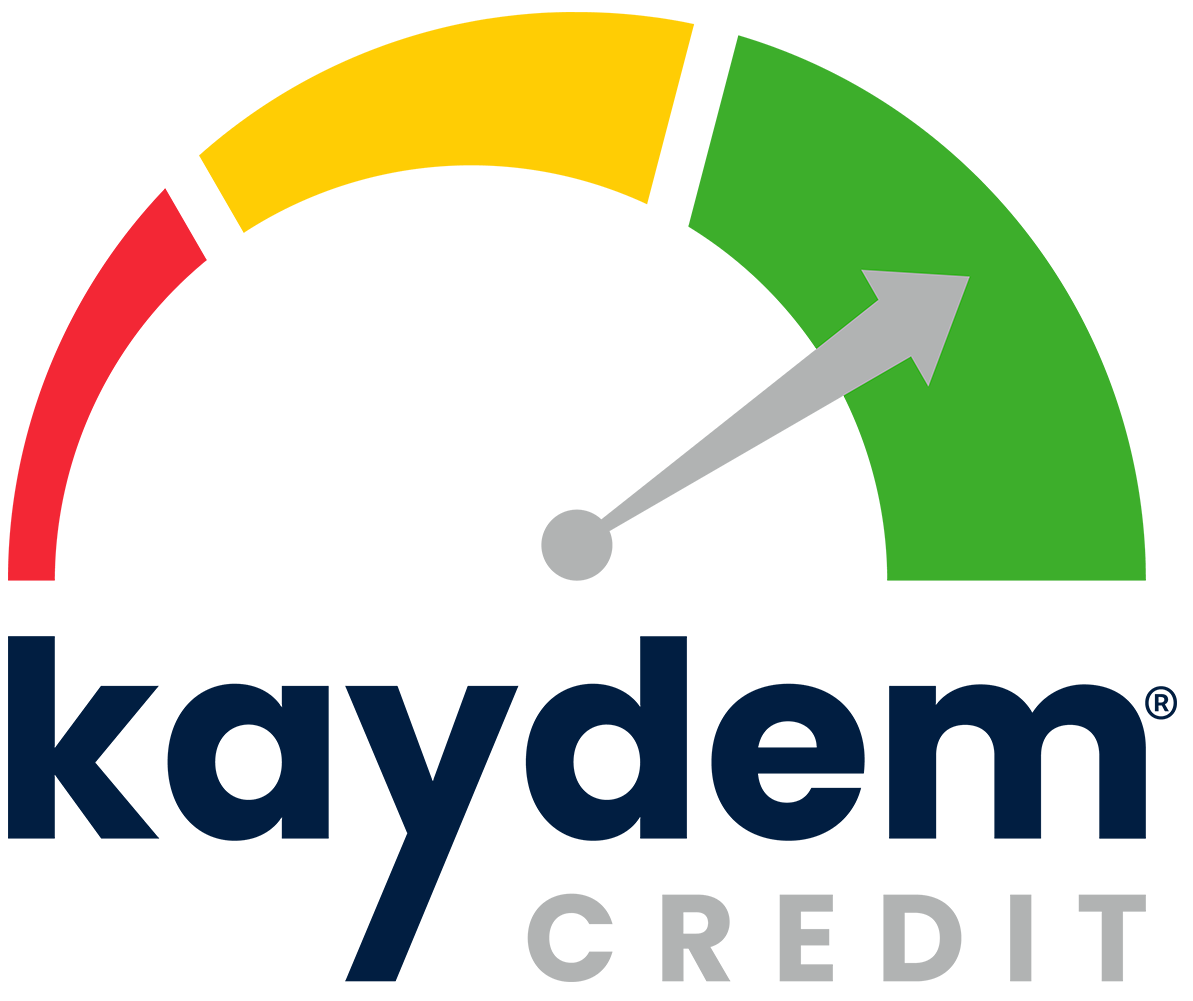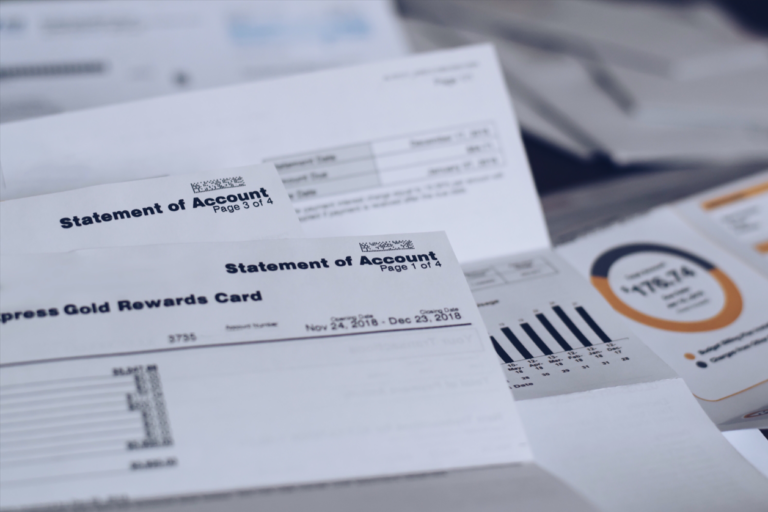Having a budget is essential to taking control of your personal finance budget. After all, budgeting helps ensure you have enough money for the bills and other expenses that come up each month. Unfortunately, budgeting isn’t always easy, and it can be challenging to stick to a budget even when you know what needs to be done. If you find that your budget is failing to work, there could be several reasons. Here are six potential explanations and what to do about them.
Tools for Personal Finance Budget
You can budget in two ways: with pencil and paper or with a budgeting app or spreadsheet.
Using pencil and paper to budget involves writing down expenses and income and tracking your budget manually every month. It’s budgeting the old-school way, but it still works if you have a relatively simple budget and don’t mind spending time tracking your budget yourself.
Using budgeting software or digital budgeting spreadsheets is another way to budget. This option is easier and more convenient for budgeting complex household finances. You can use budgeting software to track and categorize expenses, income, and savings goals, set budget reminders and get a snapshot of your budget at any time. Some budgeting software has additional features such as debt management, investment tracking, and alerts when you exceed your budgeted spending limit.
Regardless of your chosen method, budgeting is crucial for managing your finances. However, your efforts may not be practical if you are making one or more of these budgeting mistakes:
You’re not thinking long-term
One of the most common reasons budgeting fails is that people aren’t thinking long-term. If you only budget for immediate expenses such as rent and grocery bills, you may neglect to set money aside for other needs such as savings or retirement. You can quickly find yourself in financial trouble without a plan to save and invest. To fix this, you need to ensure that your budget allocates money for both short-term and long-term needs, so you can stay on course and ensure that your budget is adequate over time.
You’re allowing too much wiggle room
Another common mistake budgeters make is allowing themselves too much wiggle room. This means that budgeters will set budget categories but then give themselves leeway to overspend if needed. While this might allow you to purchase something extra now and again, it can quickly add up and soon become an issue. To fix this, you must be disciplined and stick to your budget strictly. Setting a budget and then following it to the letter can help you stay on budget and not overspend.
You’re making the wrong choices
Sometimes budgeters make the wrong choices when setting their budget. When budgeting for expenses, budgeters may underestimate how much they will need to spend or overestimate how much money they have available. This can lead to budgeting errors that can be hard to recover from. To fix this, budgeters should ensure that they are budgeting realistically and accurately based on their spending habits and income. This way, you’ll have a much better chance of sticking to your budget and avoiding budget mistakes.
You haven’t set limits on spending
Not setting spending limits is another mistake that can quickly lead to budget failure. Without limitations, it can be easy to go over budget and spend more than you intended. Budgeters should set limits for each budget category and stick to them rigorously. This way, budgeters can ensure that they are budgeting efficiently and not overspending.
You don’t have an emergency fund
Not having an emergency fund is another budgeting mistake that can quickly lead to budget failure. An emergency fund allows budgeters to save money for potential expenses or problems that may arise. Without this safety net, budgeters can easily find themselves in financial trouble if an emergency occurs. To fix this, budgeters should set aside money each month for an emergency fund and only use it when necessary.
You’re budgeting too rigidly
The last potential personal finance budget problem is budgeting too rigidly. Budgeters can quickly get stuck in a budgeting rut and unable to adjust their budget if needs or priorities change. To fix this, budgeters should make sure they budget flexibly by allowing themselves some wiggle room for unexpected expenses and changing priorities. This way, budgeters can ensure that their budget is working and helping them reach their financial goals.
By addressing these budgeting problems, budgeters can ensure that their budget is working effectively and helping them reach their financial goals. With some self-discipline and flexibility, budgeters can create an effective personal budget and stick to it over time. This will help budgeters stay on track with their finances and avoid budgeting mistakes that can lead to budget failure. For more budgeting tips read our how to make a budget post.







